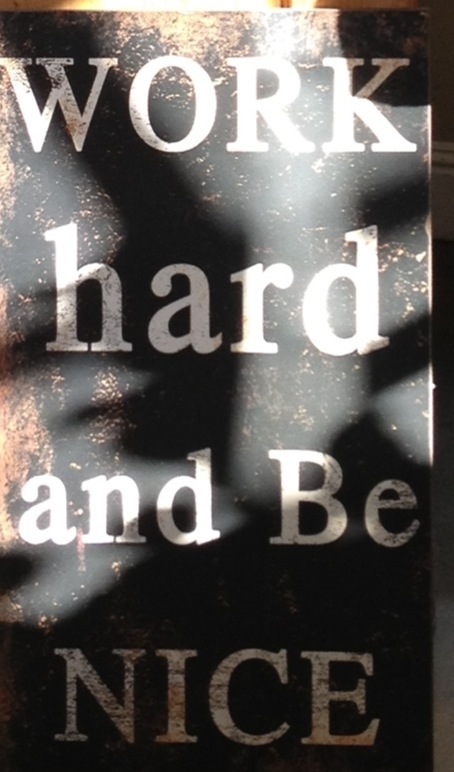People don’t like to talk about how much they make. Fair enough, I’m not going to be a trend breaker. On the other hand, engineers new to contracting often have questions about what they should charge. It really all depends. But I can give a slightly more useful answer than that.
You could take the salary you currently make, divide by 40 hours/week (or however many you work), then divide that by 52 weeks/year. This is what companies want to pay you and what some companies expect you to take. Unless you are hurting for work this is a really, really bad deal.
See, you don’t work 52 weeks a year in a full time job, with 10 paid holidays, 5 days off sick and 10 days off for vacation, you’d only work 47 weeks a year. A full time job pays part of your social security which you will now pay as self employment tax, 13.3% for 2012. If you’d found you were making $1/hour in the initial calculation ($2080/year), you probably find you are closer to $1.25.
And a full time job has perks, health care is the big one that can be expensive to manage as a solo contractor. But don’t forget the dental and vision coverage, retirement savings programs, lunches, stock options, and assorted other benefits. Even if they aren’t contributing to your 401k, they may have the benefit in place so you don’t have to deal with it yourself. It can be a hassle.
Oh, and as a contractor, you are supposed to provide (and maintain) your own gear. This can be good (tax deductible gadgets!) but can get expensive. And billing hours and dealing with clients who haven’t paid you is part of being a contractor so you need a little buffer in your month for that.
You could keep adding things up but for a back of the envelope calculation, I go about it all differently.
How much would you want to make in a full time salary? Use salary.com or whatever is good for your industry to figure out a range for what you should make. If that research shows you should make $1,000 per year, then you should be charging $1/hour. Where the divide by weeks and hours method gave you a lower bound, this one usually gives a higher bound.
From this higher bound, I often give discounts (and occasionally adders) based on how much I like the product, how much I’ll learn about technology I’m interested, if they’ll be engaging a little time (more expensive) or lots of time over months (less expensive). If I know I like the people, I’ll charge less. If the client tends to need high-priority emergency time, I’ll charge them more (because it is harder to fit in other projects without good planning). And if the client wants short term loans from me, they get charged more (about 5% per 15 days after the initial 30, I do not appreciate net-90).
So do I charge different clients, different rates? Yes. And usually if multiple clients want things at the same time, I work on whichever one is paying the most (with exceptions whenever I’ve promised a completion date, promises before cash). And I’m upfront with my clients that they aren’t only ones I’m working for so they understand this.
I don’t usually carry more than two clients, heck I don’t always carry more than one since I like to work on my own projects but I try to treat my project time like client time (I even clock in and out of my own lab books sometimes).
It is easy to think about every hour of your day being billable (e.g., “I should have pizza delivered instead of spending an hour making dinner”). That can be dangerous to your mental health. Sleeping is just money being thrown away.
Finally, a bonus suggestion for new contractors: figure out what you can live on and make goals for yourself. Put upper bounds on your goals as well as lower. Getting burnt out or physically hurt (or not hired because you aren’t doing good work because you haven’t slept in six months) is more expensive than reasonable goals.




